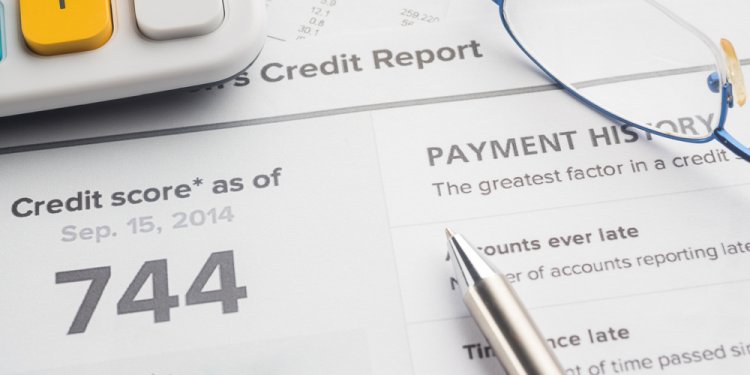
What types of Home Loans are there?
 The type of property you’re purchasing affects both your interest rate and your eligibility for a mortgage interest deduction. There are three ways the property you’re purchasing can be classified: a primary residence, a second home or an investment property.
The type of property you’re purchasing affects both your interest rate and your eligibility for a mortgage interest deduction. There are three ways the property you’re purchasing can be classified: a primary residence, a second home or an investment property.
Primary Residence
Primary residences qualify for the lowest mortgage rates. In order for a home to qualify as your primary residence, these are some of the characteristics that must be met:
- You must live there a majority of the year.
- It must be a convenient distance from your place of employment.
- You need documentation to prove your residence. You can use your voter registration, your tax return, etc.
If you plan on turning the property into an investment property within six months of closing, it must be classified this way. This could happen if you plan on having a tenant rent the property.
In addition to these criteria, the property must be occupied by the buyer within 60 days following closing. If the loan in question is originated through the VA and you’re on active duty, your spouse can satisfy the occupancy requirement.
Second Home
When purchasing a second home, you may need a higher credit score to qualify, and you might receive a higher interest rate due to increased risk for the lender. On the other hand, it may be that neither of these things happen – each situation is different. A second home has the following characteristics:
- It must be a reasonable distance from your primary residence.
- It must be exclusively under your control and not subject to a rental, timeshare or property management agreement.
- You must live there at some time during the year. While someone else can live in your home other than yourself, some lenders may place limits on how long the home is occupied without you living there.
- The property must be accessible by car year-round. Although it’s cool, your Dr. Evil-style lair that’s built into the side of a volcano and reachable only by helicopter won’t qualify as a second home.
You can even rent it out for up to two weeks and keep the income tax free. If you rent for 15 or more days, you’ll have to report the income, but you may be able to deduct certain things as a rental expense. It’s important to note that either your lender or the investor in your mortgage may place special limits on how often the property can be rented out.
Second homes also qualify for the mortgage interest tax deduction, although if you’re renting it out, you have to be careful. In order to qualify for the deduction, you have to use the home for 14 days or more than 10% of the days when you would normally rent it out.
For example, if you rented out your home in Florida for six months between May and October (inclusive), you would still be able to classify your home as a second home for tax purposes if you stay there more than 18 days. (For convenience sake, I’m assuming six months is 180 days.) A timeshare used in this way also qualifies for the deduction.
Investment Property
If you plan on using your property exclusively for tenant rental, it must be classified as an investment property. The loans on these properties are made at a higher interest rate and require a higher credit score.

















